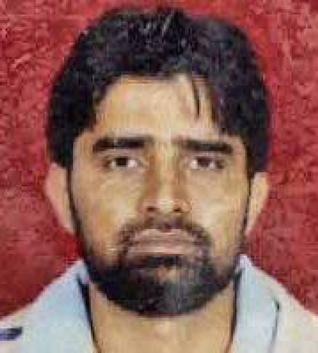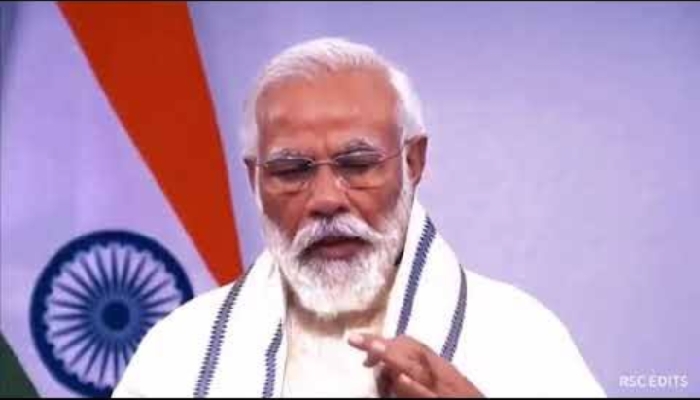
New Delhi, September 16: India will now have to wait for Fasih Mohammed, accused of being involved in conspiracy of bomb blasts in Bangalore and Delhi, as Saudi Arabia has red-flagged his deportation from there saying they want to investigate his role in that country carefully before taking a call on New Delhi’s request for handing him over.
This was conveyed through diplomatic as well as security agency-to-agency meetings within days after the news about deportation of Syed Zabiuddin alias Abu Jundal from that country came to light, official sources said.
While the Saudi authorities officially confirmed his detention there, they conveyed that they were examining his role and stay “carefully” in that country.
Over-exposure of the role and cooperation of the country are stated to be the reason behind the decision not to hand over him to the Indian authorities, the sources said.
Interestingly, National Security Advisor Shivshanker Menon, during his address to the Directors and Inspectors General of police last week, cited this as an example saying Saudi authorities were not happy with the way details of the Abu Jundal operation were made public by the security agencies involved in the operation.
Mr. Menon was speaking on maintaining a high-level of secrecy in such operations and not expose the countries which were helping India in its fight against terrorism.
The National Security Advisor wanted secrecy to be maintained at all levels in handling cases of international terrorism as the acts have “dangerous propensity of international embarrassment”.
Jundal, the 26/11 handler who is in jail in Mumbai, was deported to India by the Saudi authorities in June 2012 as part of enhanced intelligence and security related cooperation between the two countries.
Saudi authorities said that would take time before taking any call on 28-year-old Mohammed’s deportation or extradition to India, the sources said.
An engineer and alleged member of banned outfit Indian Mujahideen, Bihar-born Mohammed is alleged to have been involved in the Chinnaswamy Stadium blast in Bangalore and the shooting near Jama Masjid (Delhi) in 2010 and is wanted by both Delhi and Karnataka police.
An Interpol red corner notice against Mohammed was issued earlier this year after reports of his sudden disappearance.
Mohammed’s wife Nikhat Parveen had approached the Supreme Court claiming that her husband was in the custody of central security agencies.
Ms. Parveen had told the court that her husband was picked up by a joint team of Indian and Saudi officials on May 13 for his alleged terror links, a charge denied by the government.
The Interpol issued the notice against him for offences of terrorism and crimes involving the use of weapons and explosives, Interpol’s official website says.
The name of Mohammed, according to the sources in the security agencies, cropped up during the interrogation of the alleged terrorists of banned outfit Indian Mujahideen arrested during the last nine months.





Comments
Add new comment